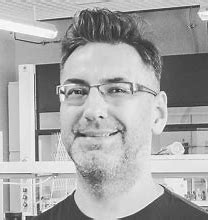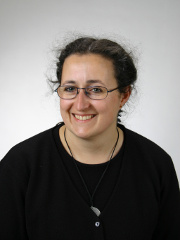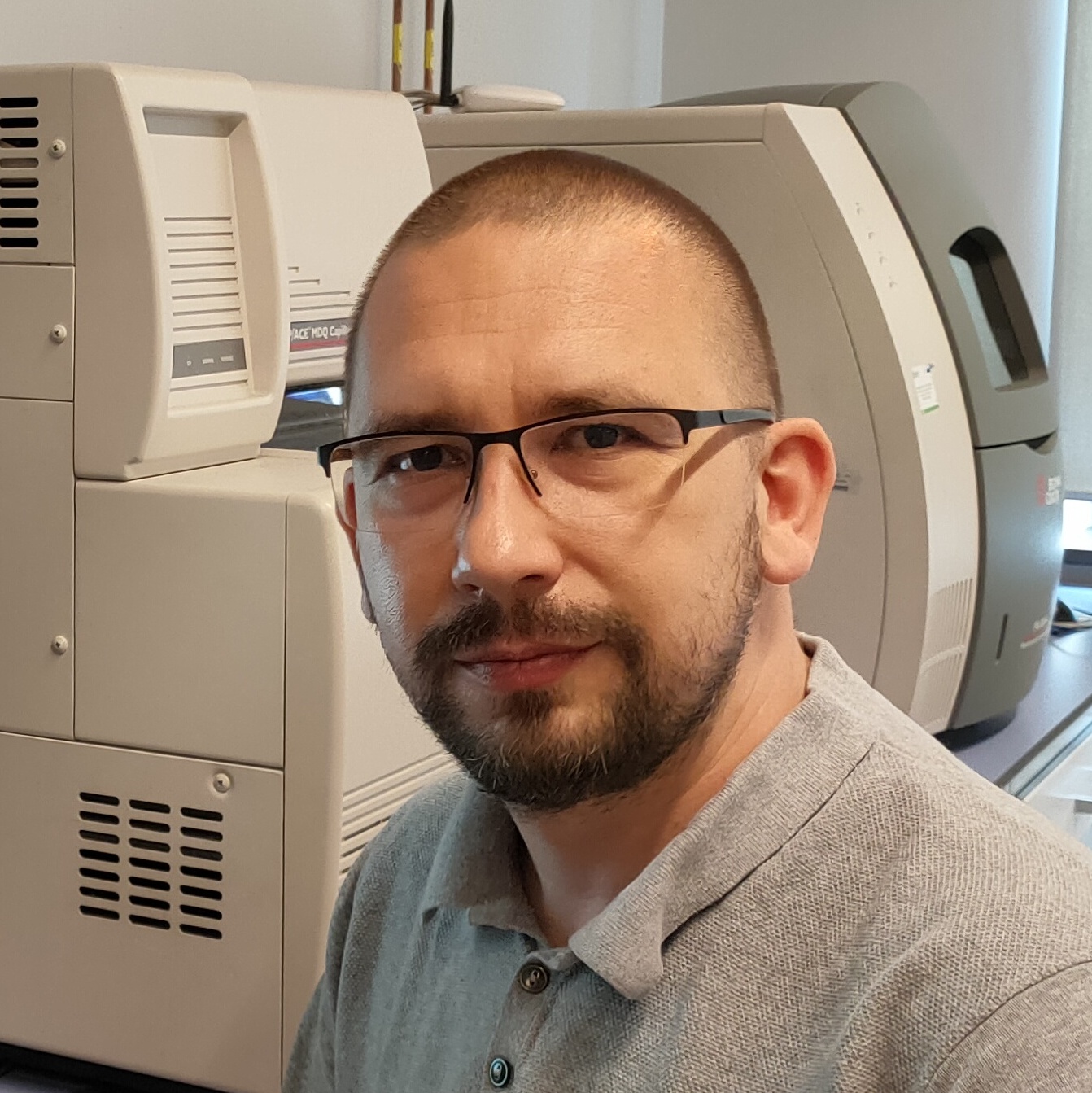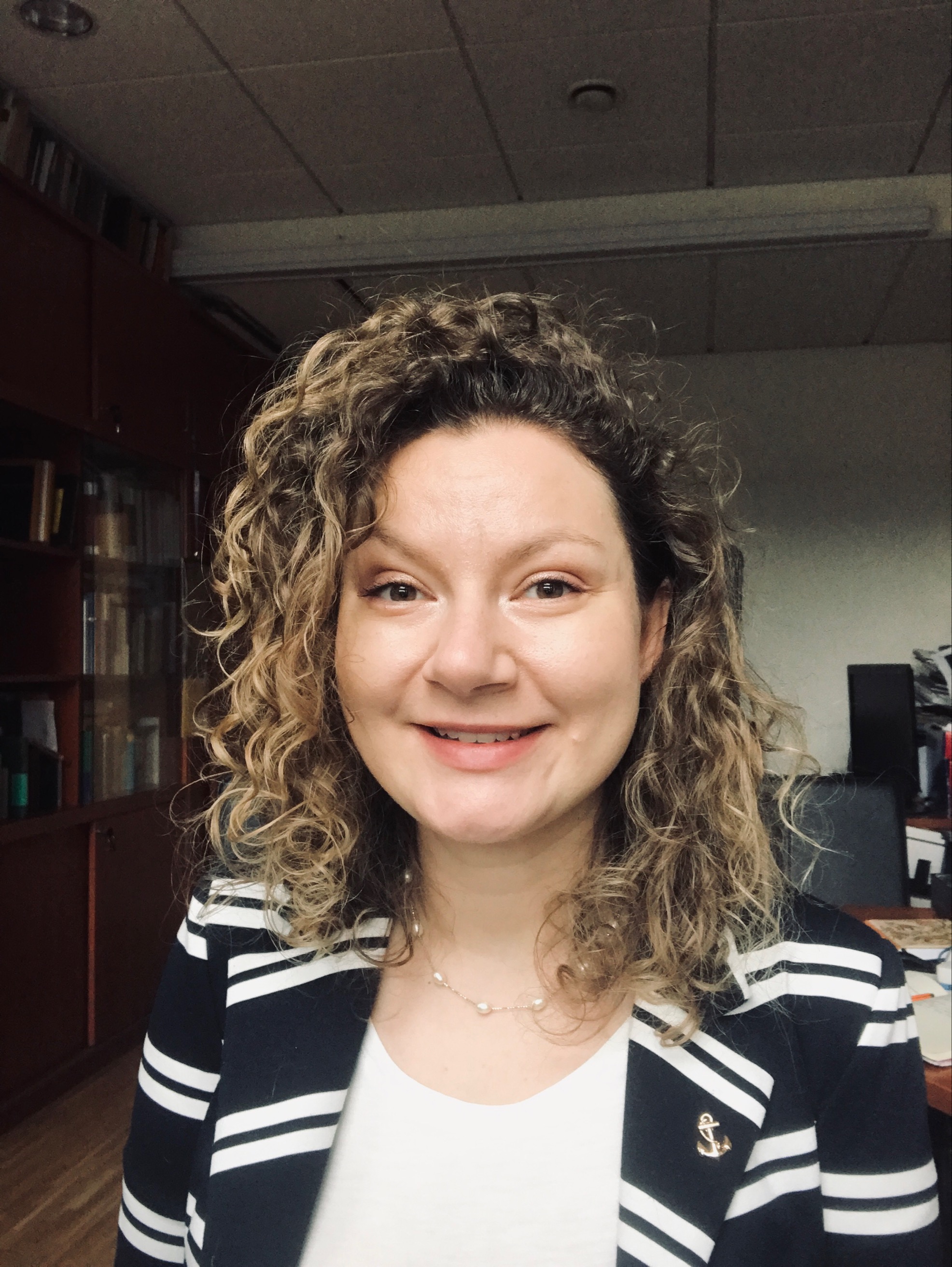
Dr Bartosz Trzewik
Dr Bartosz Trzewik is a senior lecturer at Department of Organic Chemistry, Faculty of Chemistry of Jagiellonian University in Kraków
JU
This course is intended to improve the communication skills of university teachers in STEM education.


This course is intended to improve communication skills of university teachers in STEM education. It shows how to communicate instructions efficiently, without overloading students’ memory. Participants will be asked to give examples of discrepancy of their intentions and students’ understanding – on a forum. They also will be encouraged to comment other’s entries. Moreover a piece of instruction will be provided to be assessed with the use of rubrics. This course is developed within the project “STEM Continuous Professional Development at European Universities – STEM-CPD@EUni” funded by EU.
Upon successful completion of the entire course, the participants will receive the appropriate certificate.
No special requrements.

Dr Bartosz Trzewik is a senior lecturer at Department of Organic Chemistry, Faculty of Chemistry of Jagiellonian University in Kraków

Prof. Iwona Maciejowska, a lecturer and a researcher at the Department of Chemical Education, the head of the Ars Docendi Council at the Jagiellonian University in Kraków, Poland. A co-editor of Chemistry Teacher International journal, an initiator of the biannual European Variety in University Chemistry Education conference.

Prof. Michał Woźniakiewicz, a lecturer and a head of the Laboratory for Forensic Chemistry at the Faculty of Chemistry, Jagiellonian University in Kraków, Poland. A leader of the Chemistry in Everyday life Working Group and a member of Virtual Education Committee (VEC) at ECTN. Coordinator of Jagiellonian University exhibition at the Festival of Science and Art in Kraków.3

She holds PhD in management at the Faculty of Management and Social Communication. She graduates from Business administration and Business psychology. Her fields of interest include Higher Education management, governance and academic culture. She has participated in national and European projects focused on different educational levels: higher education, vocational education and training, validation of prior learning.
| Course basic - Info | |
|---|---|
| Level | Basic |
| Commitment | 2 weeks, from 3 to 4 hours |
| Language | English |
| How to pass |
|
